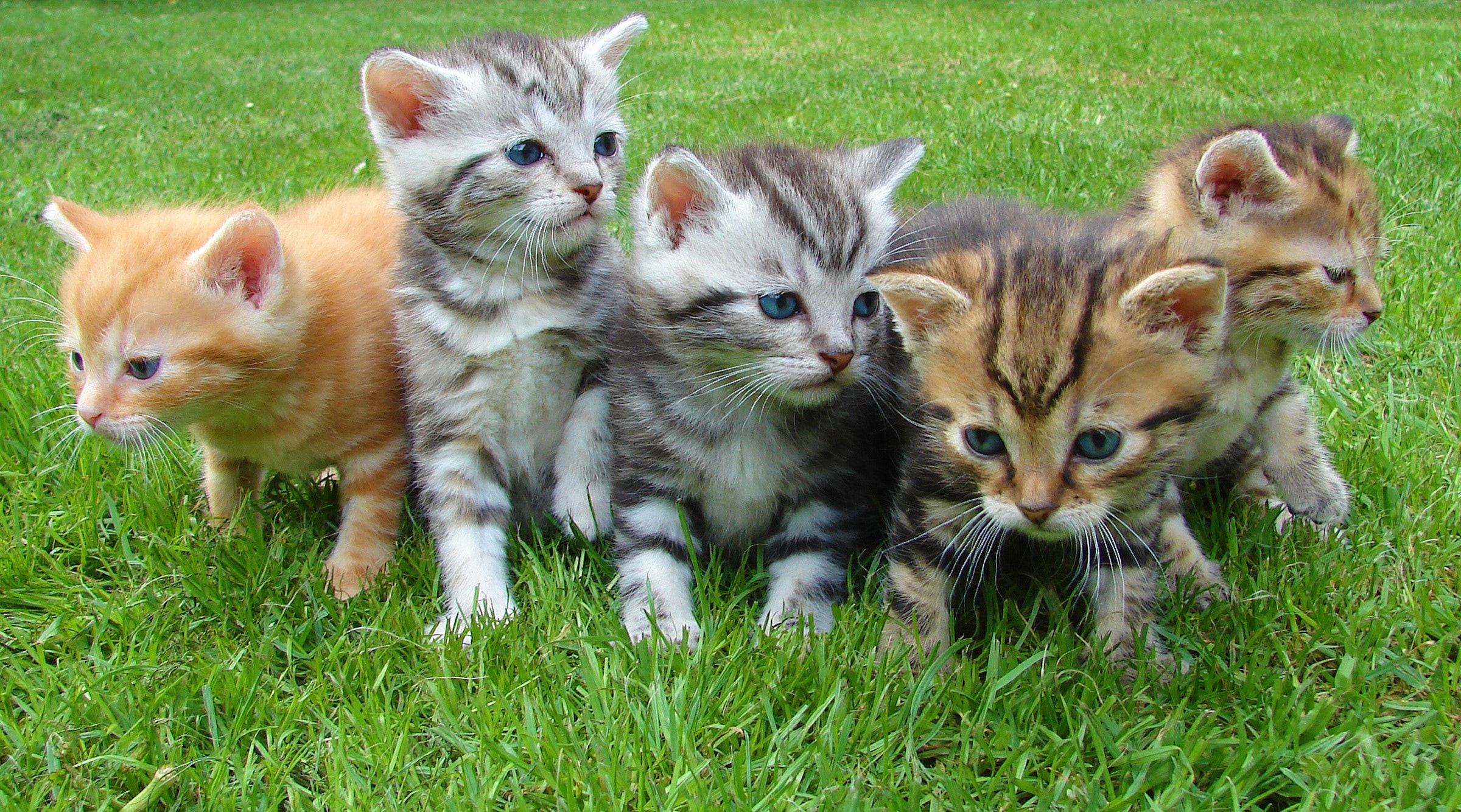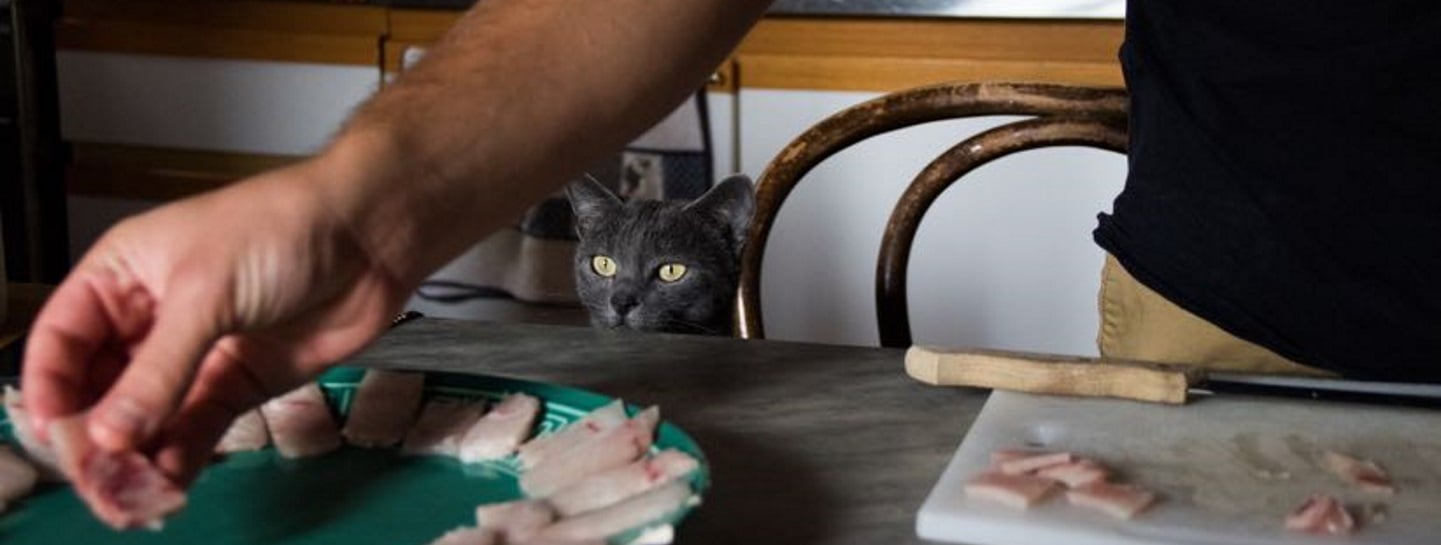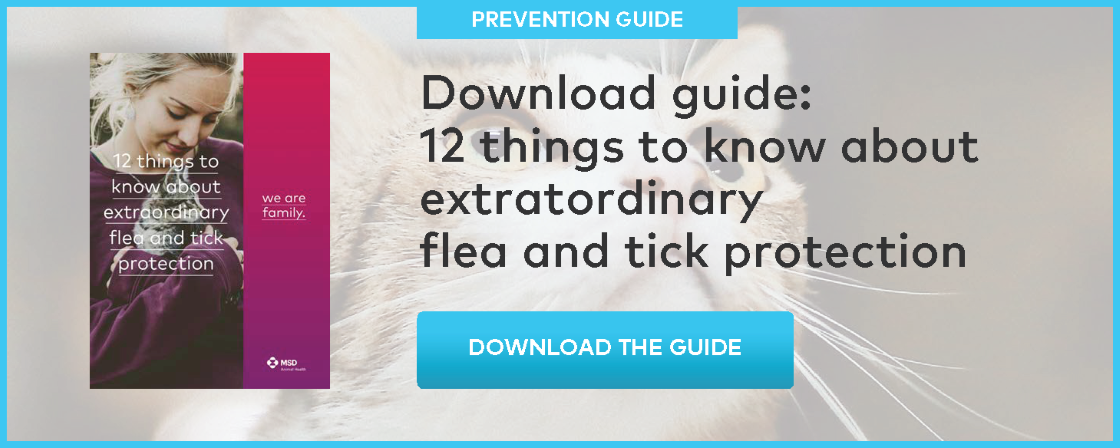Vaccination is an effective way of protecting your pet against various life-threatening diseases and viruses that can affect cats. Vaccination is one of the simplest and most effective ways to protect your cat against certain viruses, and help your cat live a healthy, long life as part of the family.
Why should I get my cat vaccinated?
Vaccination works by exposing your cat to a small but harmless amount of the infection you are seeking to protect your pet from. By exposing your cat to infection, you allow them to build immunity against certain viruses. Vaccination is the only effective way of providing your cat with immunity against these particular viruses, and by vaccinating your cat, you can help protect your pet for life.
When should I get my cat vaccinated?
Kittens are generally protected at birth thanks to antibodies they receive through their mother’s milk. As they get older, the immunity which has been passed on gradually diminishes, until no natural immunity protects the kitten. This is why vaccines are vital, as vaccination takes over from the mother’s protection and provides essential immunity. Kittens are generally vaccinated for the first time at around 8-9 weeks. Speak to your vet about setting up a vaccination schedule for your kitten, as vaccination recommendations vary from country to country, and region to region.
After your kitten receives their initial vaccines, booster shots are administered 3-4 weeks later, possibly followed by a third round at around 16-20 weeks of age, to ensure maximum protection for your cat.
Speak with your vet about a vaccination schedule once the initial vaccines have been administered, as booster vaccines should be given throughout your cat’s life. The frequency of booster shots depends on your cat’s lifestyle and your cat’s needs. Speaking to your vet about booster vaccines and taking your cat for regular check-ups will help you to provide them with the protection your cat needs.
Eiam vitae felis sit amet quam tristique iaculis. Quisque fermentum libero sapien, vitae elementum turpis ullamcorper in. Fusce maximus, felis sed efficitur dapibus, elit lacus convallis purus, sed lacinia libero nulla vitae risus. Lorem ipsum dolor sit amet, consectetur adipiscing elit.
The vaccines your cat needs vary depending on where you live, and depending on your cat’s lifestyle. Generally, cats are vaccinated against:
- Feline parvovirus (FPV)
- Feline herpes virus
- Feline calicivirus
- Feline distemper
- Rabies
These are commonly referred to as ‘core vaccines’, as they are largely considered essential for your cat and their ongoing protection. Your cat can also be given ‘non-core vaccines’ at your vet’s recommendation, depending on the cat’s lifestyle. These vaccinations can be administered to cats if your vet believes they may be at risk of exposure:
- Feline leukemia virus
- Bordetella
- Chylamydophilia felis
- Feline immunodeficiency virus







